It's one thing to be religious, but it's another thing to make religion your policy
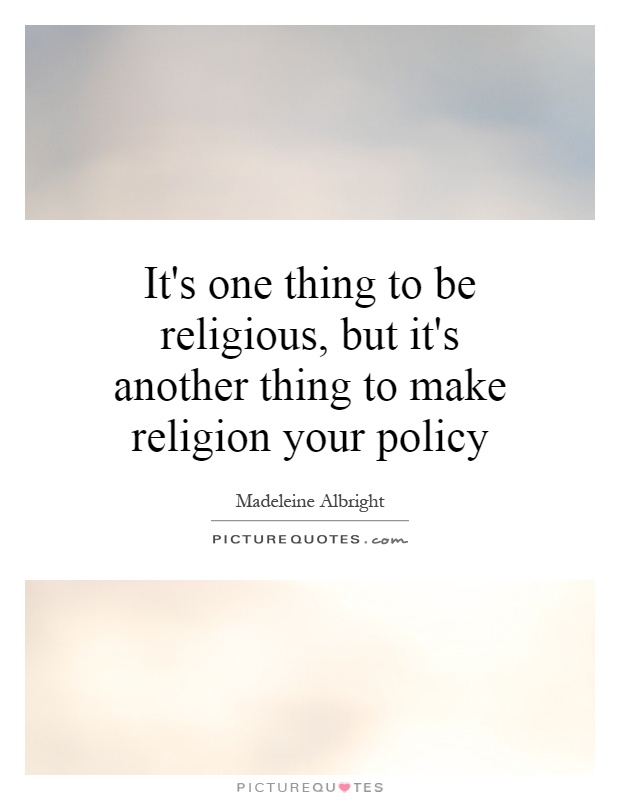
It's one thing to be religious, but it's another thing to make religion your policy
Madeleine Albright, the first female Secretary of State in the United States, is known for her strong beliefs and commitment to her faith. As a devout Catholic, Albright has always been open about how her religious beliefs have influenced her decisions and actions in both her personal and professional life. However, Albright has also been a vocal advocate for the separation of church and state, emphasizing the importance of keeping religion out of government policy.Albright has often spoken out against the idea of using religion as a basis for policy-making, arguing that it can lead to discrimination, intolerance, and even violence. She believes that while individuals are entitled to their own religious beliefs, those beliefs should not be imposed on others through government policies. Albright has consistently emphasized the need for a secular government that respects the diversity of beliefs and values held by its citizens.
One of the key reasons Albright is wary of making religion a policy is the potential for it to be used as a tool for discrimination. Throughout history, we have seen how religious beliefs have been used to justify discrimination against certain groups, whether based on race, gender, sexual orientation, or other factors. Albright believes that government policies should be based on principles of equality, justice, and human rights, rather than on religious doctrine that may exclude or marginalize certain individuals or communities.
Furthermore, Albright recognizes that religion is a deeply personal and subjective matter, and that individuals may interpret their faith in different ways. By making religion a policy, there is a risk of privileging one particular interpretation of a religion over others, which can lead to division and conflict within society. Albright believes that government should remain neutral on matters of religion, allowing individuals the freedom to practice their faith without interference or coercion.
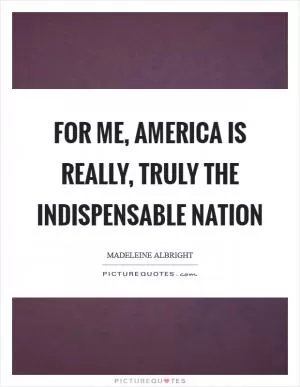
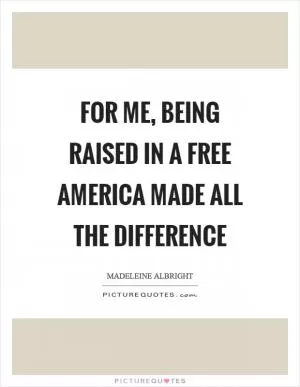





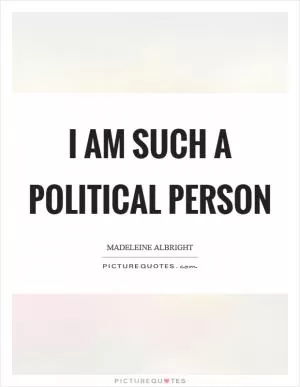
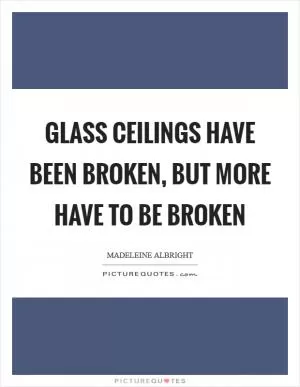



 Friendship Quotes
Friendship Quotes Love Quotes
Love Quotes Life Quotes
Life Quotes Funny Quotes
Funny Quotes Motivational Quotes
Motivational Quotes Inspirational Quotes
Inspirational Quotes